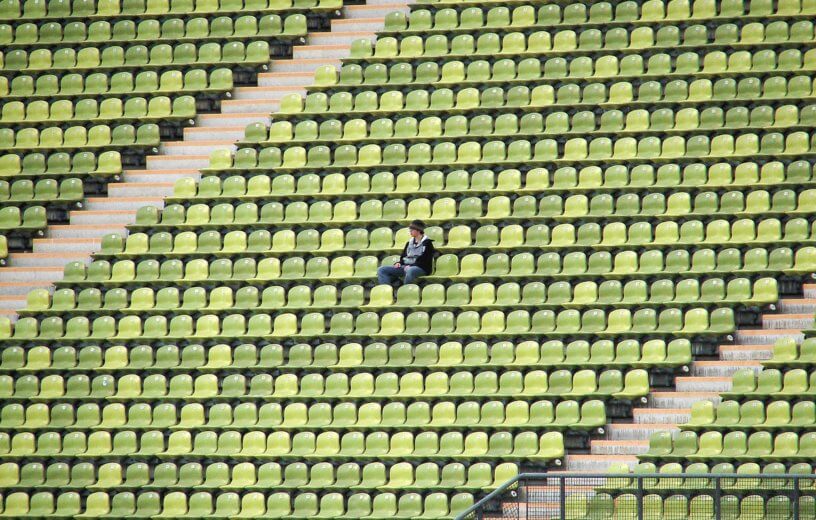ROCHESTER, N. Y. — A little alone time can go a long way in college. New research by an international team of researchers found that while social isolation is a serious problem for some first-year college students, spending time alone during one’s freshman year can also be greatly beneficial in the long-term adjustment to college life.
Freshmen are particularly vulnerable to social anxiety and isolation, which can lead to depression, because they have to adjust to a new way of life, make new friends, and keep their grades up all the while, experts say. But this latest study shows that students who take ample time to themselves are also more likely to adjust in more positive ways to college life.
“Approaching solitude for its enjoyment and intrinsic values is linked to psychological health, especially for those who don’t feel as if they belong to their social groups,” says lead author Thuy-vy Nguyen, who received her doctorate in psychology from the University of Albany, in a statement. “These findings highlight the importance of cultivating the ability to enjoy and value solitary time as a meaningful experience, rather than trying to disregard it, or escape from it.”
Previous research found that too much time socializing during the first year of college and less time alone can actually lead to adjustment problems for students. For this latest study, the authors conducted two experiments: one testing 147 college freshmen in America for self-esteem, and another that assessed 223 Canadian first-year students for loneliness and relatedness.
Nguyen and her team wanted to differentiate between useful and potentially detrimental solitude. They found that the key is positive motivation. When students recognize they need to be alone and seek out time to spend by themselves for their own interests, it’s a signifier of higher self-esteem, a greater sense of autonomy, and less loneliness overall. In other words, those who actually valued alone time were psychologically healthier.
However, individuals who want to be alone because of negative social experiences or fear of them will more likely experience negative aspects of solitude, like isolation and social withdrawal, the study shows. The reasons for seeking solitude matter in the benefits or detriments individuals get from it.
“In previous research, it has been framed in ways that those with more access to social connections tend to have a better time in solitude. But in our study, having a healthy motivation for solitude actually is associated with wellness for those who have less access to social connections,” says Nguyen.
The authors say parents can even prepare their children at young ages by encouraging them to enjoy independent playtime.
The study is published in the journal Motivation and Emotion.
